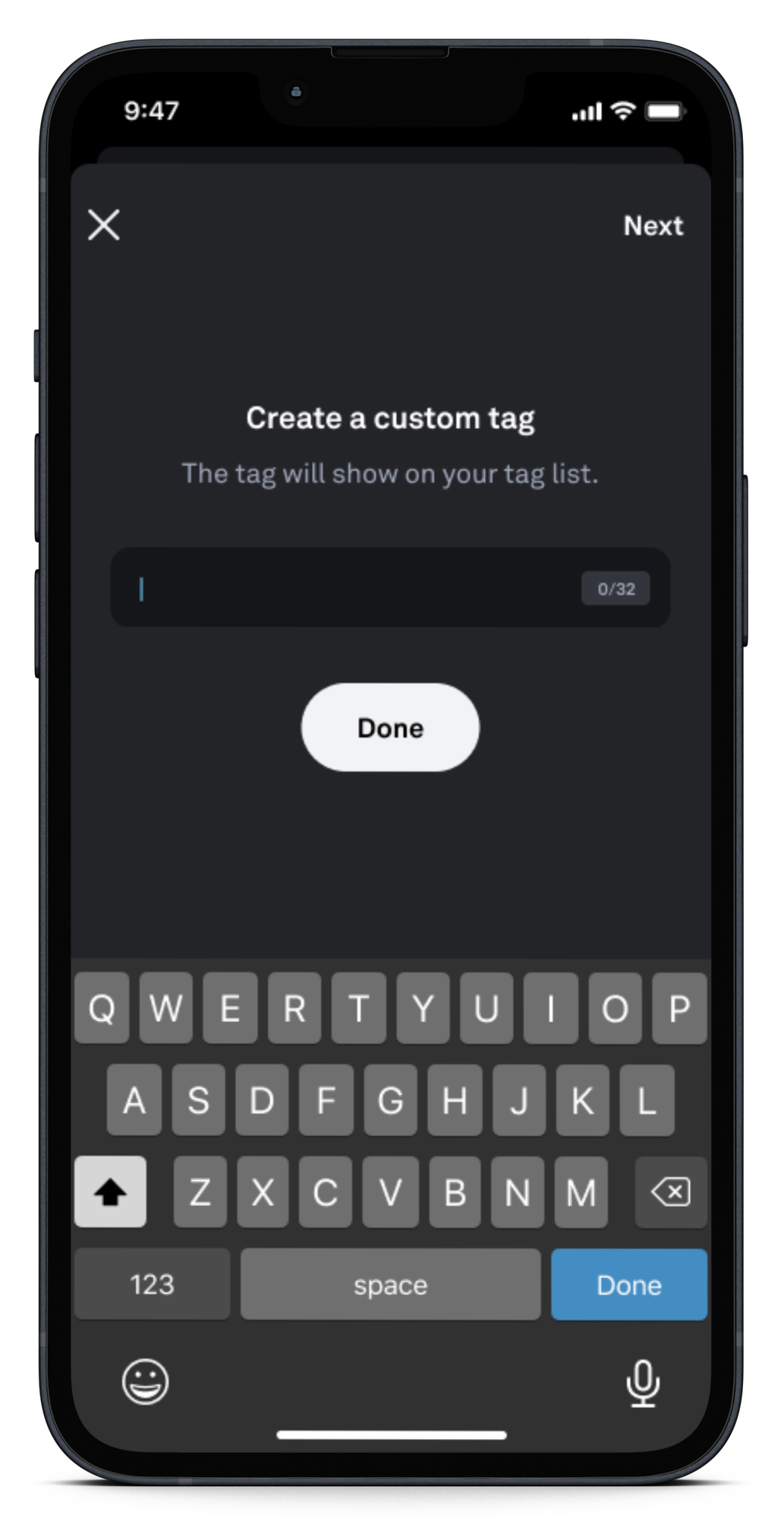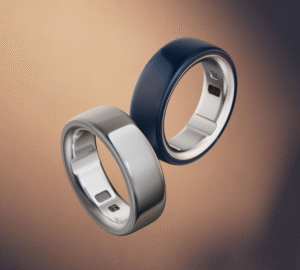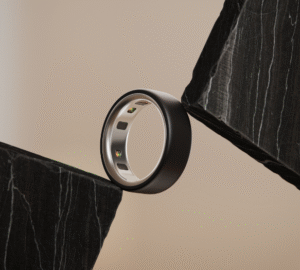Tags help Oura members monitor how their actions impact what’s happening in their bodies. Since the Tags feature got an upgrade, Oura members can now create custom tags that can help you track and monitor illness and recovery.*
Learn how to use this feature to gain greater insights into how your body is handling what life throws at it.
Use Oura Tags to Track Illness

When you start feeling under the weather, you can tag your symptoms, treatments, and any diagnoses you have received. For instance, you might tag “flu,” “headache,” and “Ibuprofen.” You can also get more specific, by creating custom tags or adding the time at which the tag took place. For instance, “Ibuprofen at 9am.”
These tags will allow you to gain greater insight into how health events impact your body. How long does it take you to rebound from a bad cold? Are there certain days when your cramps seem worse? Can you make changes that help expedite your recovery? Taking the time to log a tag may make it easier to draw connections later on.
If you’re monitoring yourself for illness, keep an eye out for these patterns as you tag your data:
- Increase in resting heart rate
- Decrease in heart rate variability
- Body temperature or respiratory rate outside your normal range
- Change in sleep quality
| Member Tip: Spot sickness before it slows you down. Oura’s Symptom Radar feature can help you detect signs that you may be getting sick, so you can proactively prioritize rest and recovery. |
READ MORE: How Oura Can Help Monitor Illness
More Tags = Greater Insights
Using Tags helps you correlate certain symptoms with changes in your biometrics. For example, an elevated body temperature and increased resting heart rate might be an indication that your body is coming down with something. You can then add tags to monitor your recovery, and see it reflected in your biometrics and sleep, too.
This allows you to observe how changes in biometrics align with specific symptoms, aiding in a deeper understanding of your body’s response to illness. Over time, this data empowers you to recognize early signs of health challenges, tailor your recovery strategies, and make informed decisions about seeking medical advice. By consistently tagging these instances, you create a personalized health diary that helps you correlate your symptoms with sleep and activity patterns.
The use of Tags goes beyond illness monitoring: Think that your caffeine usage is causing a headache? Or that you tend to get a stomach ache after you eat certain foods? Tags can help you explore the connections between what you do and how you feel.
READ MORE: Oura Tags: How to Use Tags to Unlock Greater Insights
How 3 Members Leverage Their Tags Data
“Last month I got the flu and Oura was able to track it a few days before I started feeling it. I got insights that I should prioritize rest, that my temperature was elevated, and then notified to activate Rest Mode to support recovery.” — Trisha P.
“Oura has also been a fabulous tool as I try different modalities and treatments [to manage lyme disease]. I can track how well my body responds to certain supplements and lifestyle changes. It gives me a good baseline understanding of what’s actually helping me.” — Brooke V.
“One day I noticed that my resting heart rate had gone from 45 bpm to 130 bpm. I called my doctor… and she told me to go immediately to the emergency room. There, a lot of tests and reviews determined I had A-fib. I love the Oura Ring. It’s probably the best $400 I ever spent — definitely a game changer and a life saver. ” — Ted N.
*Oura Ring products and services are not medical devices, and are not intended to mitigate, prevent, treat, cure or diagnose any disease or condition. Oura’s insights are suggestions based on your data and shouldn’t be substituted for medical advice or prevent you from taking a holistic view of your overall health. If you have any concerns about your health, please consult your doctor.











